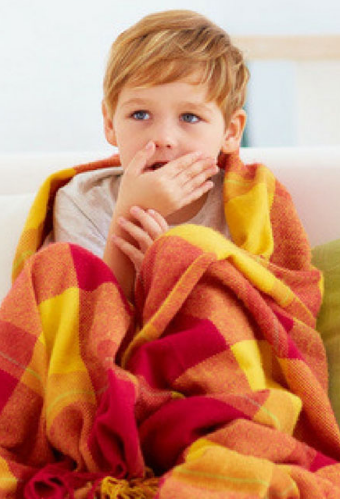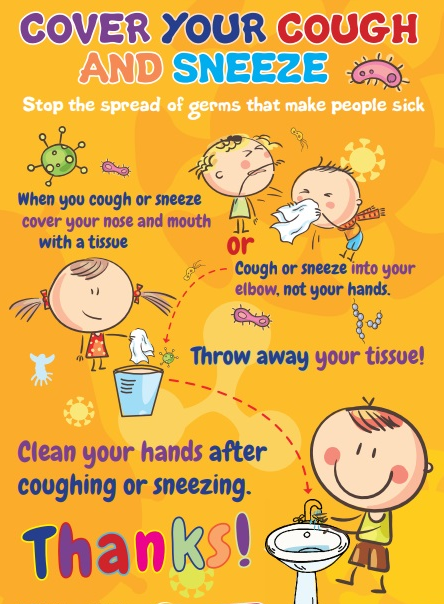Health Centre News
By Nurse Cecile

Health Centre News
By Nurse Cecile


In 2021, cases of viral gastroenteritis (gastro) outbreaks in Victoria are more than double the five-year rolling average in Victoria. The outbreaks have predominantly been in childcare centres.
We all need to be vigilant in identifying and taking steps to prevent the spread of gastro and RSV. Hand hygiene is the most effective way to reduce the spread of viruses and bacteria, and it is important for us to continue to emphasise this.
Our school encourages good hygiene practices for both staff and students.
Gastroenteritis
Gastro is particularly infectious. It can be spread:
Symptoms of gastroenteritis


The symptoms of gastroenteritis can include:
Helping Prevent Gastro
While alcohol-based hand sanitisers are recommended to prevent transmission of COVID-19, they are not effective for dealing with many of the viruses that cause gastro.
The most effective ways to prevent gastro are:


Respiratory Syncytial Virus (RSV)
Doctors are warning us to be vigilant around hand hygiene following an increase in patients seeking help for a virus that bears similarities to COVID-19. The virus affects the airways, with symptoms including fever, runny nose, cough, wheeze and shortness of breath. The virus can also cause ear infections. The virus is very contagious and that is why we are seeing an increase in numbers at the moment.
Due to similarities with COVID-19, people with symptoms of RSV should be tested. Children with symptoms must stay away from school until they receive a negative COVID-19 result, and they are symptom-free.
The best prevention for respiratory illnesses are:
Further information can be found at the following websites:
Thank You
Nurse Cecile